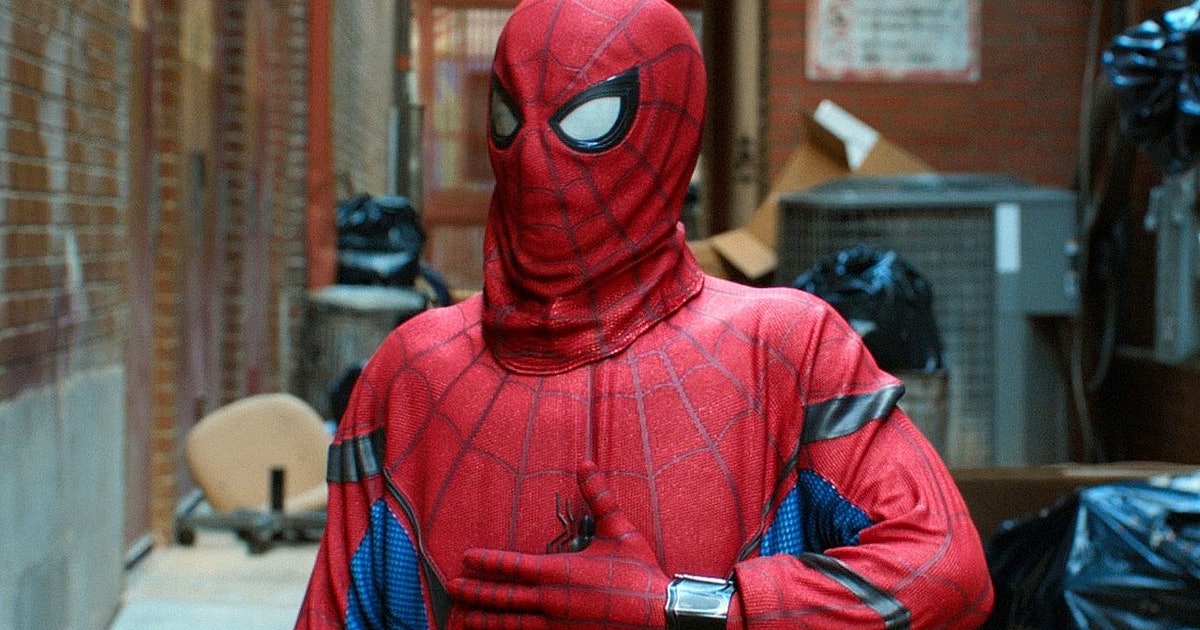
5 years ago, the MCU saved Spider-Man — and ruined him at the same time
If The Amazing Spider-Man was a calculated misstep by Sony, then its sequel was a crash-landing. Driven above all else by producer Avi Arad to hold onto Marvel’s intellectual property, the entire endeavor backfired. And by 2015, Sony had no chance but to hand control back over to Marvel Studios — sort of.
Spider-Man, reborn
Following the failure of the Amazing Spider-Man duology, Sony struck an unlikely deal that allowed Peter Parker to appear in the Marvel Cinematic Universe without giving up the rights to the superhero (and his associated friends, foes, and allies). Thanks to the mighty legal minds at the two rival studios, that agreement became a reality when Spider-Man swung into the MCU to team up with Iron Man and steal Captain America’s shield.
The fans were ecstatic. Not only was Tom Holland the perfect Spider-Man. Finally a teenager superhero played by an actual teenager (truthfully, he was 19 at the time, but still). But the MCU’s version of Peter Parker was as imperfect as Sony’s — maybe worse.
The problem boils down to how Tom Holland’s Peter Parker was introduced. By immediately attaching him to Tony Stark, Marvel altered the basic DNA of Spider-Man’s character. This became clear in 2016 with the release a Spider-Man: Homecoming, which Jon Watts directed for Sony Pictures with supervision from Marvel’s Kevin Feige.
Spider-Man: Homecoming is an overcorrection
As The Amazing Spider-Man confirms, the beloved superhero needs a balance of light and darkness to work best. Too much grit and you’re basically watching a Christopher Nolan Batman movie with a different suit. Spider-Man: Homecoming commits the same mistake but in an opposite way.
Remove the drama from Peter Parker’s life, and the Spider-Man left behind is barely recognizable. And yet, Homecoming does just that. It’s understandable not to show his spider-bite origin story yet again, but glossing over Uncle Ben is almost unforgivable. Homecoming may hint at it, but there’s not even here to instill a strong sense of responsibility in Tom Holland’s character.
Bringing in Iron Man also undercuts the basic premise of Spider-Man as a broke kid struggling to get by. When you have the richest man in the world giving you super-suits and bailing you out, the stakes aren’t exactly the same. Instead of a scrappy superhero, we get a spoiled sidekick.
To their credit, Marvel and Sony eventually fixed these problems, but it took three entire movies. By the end of Spider-Man: No Way Home, Peter Parker is finally the struggling lone superhero comic book fans know and love. And assuming Tom Holland returns, there’s hope the next movie could finally get the character right.
But even that won’t be enough to fix Homecoming, a Spider-Man movie that proves Marvel Studios doesn’t really understand Spider-Man.
If The Amazing Spider-Man was a calculated misstep by Sony, then its sequel was a crash-landing. Driven above all else by producer Avi Arad to hold onto Marvel’s intellectual property, the entire endeavor backfired. And by 2015, Sony had no chance but to hand control back over to Marvel Studios — sort of. Spider-Man, reborn…
If The Amazing Spider-Man was a calculated misstep by Sony, then its sequel was a crash-landing. Driven above all else by producer Avi Arad to hold onto Marvel’s intellectual property, the entire endeavor backfired. And by 2015, Sony had no chance but to hand control back over to Marvel Studios — sort of. Spider-Man, reborn…